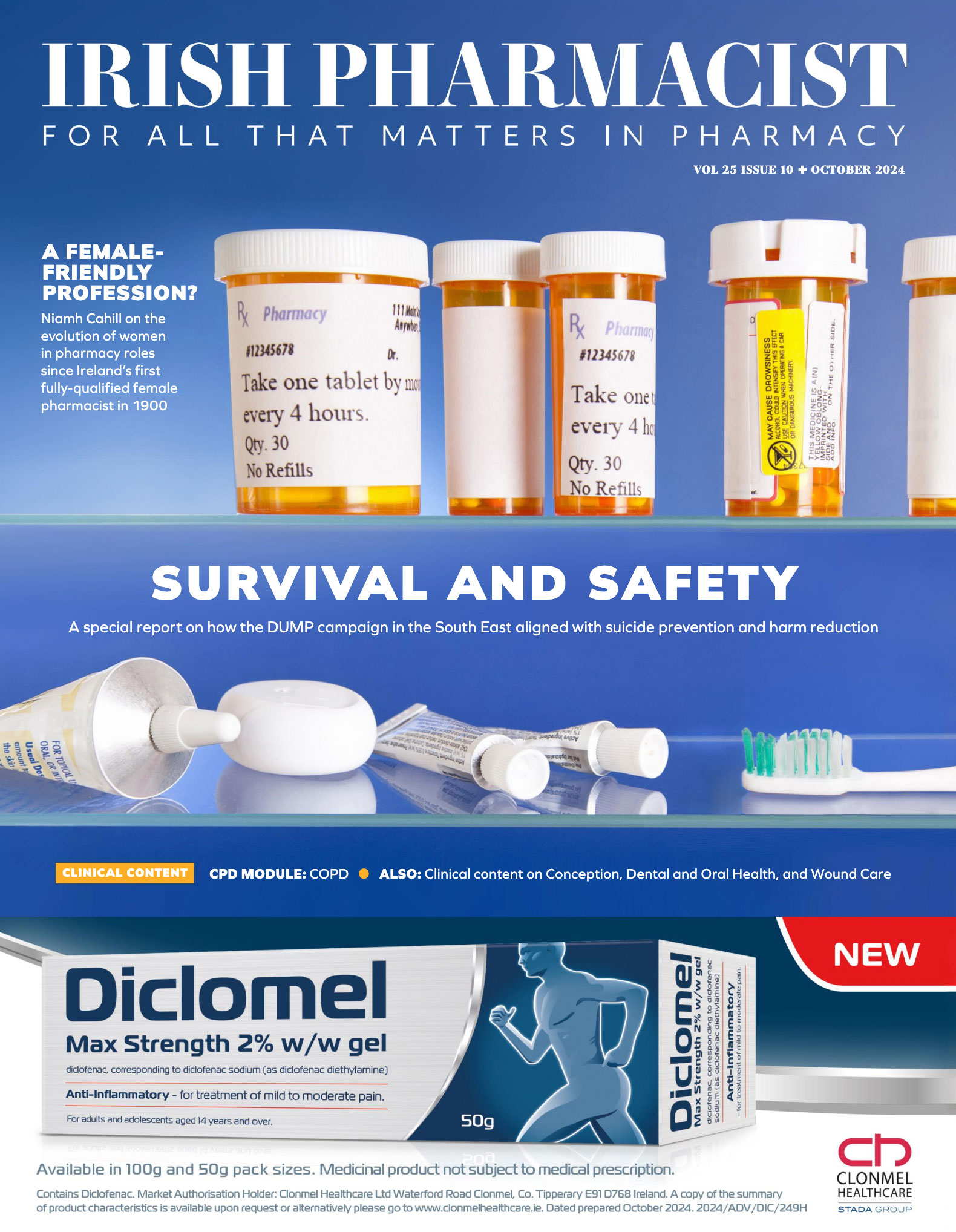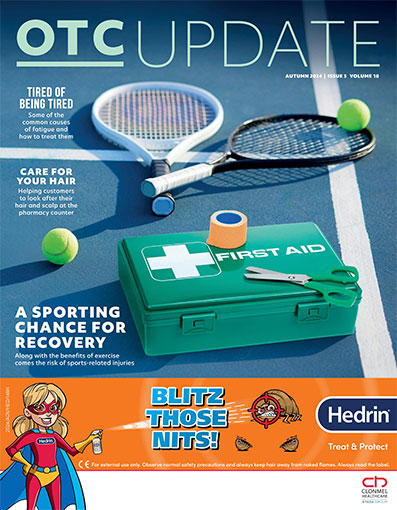The HPAI Annual Educational Conference 2023 heard a presentation by Mr Patrick Dicker, Department of Epidemiology and Public Health Medicine at the RCSI, who delivered a talk titled ‘Critical Appraisal of Research Integrity Evaluation of Randomised Controlled Trials’.

Mr Dicker has particular expertise in the design, conduct and analysis of clinical trials. He is also currently a member and advisor on the Scientific Advisory Board for the Irish Epilepsy Association and the Perinatal Ireland Consortium. He currently lectures in the RCSI, teaching evidence-based health to medical students and is Research Integrity Editor for an international medical journal.
Mr Dicker provided insights into the design of clinical trials and highlighted some common pitfalls in trial design and implementation. He discussed the mechanisms available to people to report research misconduct and said: “If a paper is in a higher-impact journal and is then retracted, there are actually greater consequences” than if it were published in a lower-impact publication, “which sometimes goes unnoticed”. Mr Dicker told the conference: “I review all clinical trials that are submitted to editorial, I do my checks, look at the paper, and give my advice to the Editor in Chief as to whether it should go on to peer review.”
As to a definition of ‘Research Integrity’, Mr Dicker said it “relates to the performance of research to the highest standards of professionalism and rigour, and to the accuracy and integrity of the research record in publications and elsewhere. But really, it’s all about doing good research in an appropriate manner.”
One of the first questions a researcher should address is, is there actually a valid rationale for conducting the trial in the first place, said Mr Dicker. “The answer is not always ‘yes’,” he said. “Some small single-centre trials submitted to journals for publication lack any real justification — what is the gap in knowledge they are trying to address?
“Often, these studies are on already approved medicinal products or general interventions, signed-off by the institutional REC and may lack regulatory approval or independent oversight,” he continued. “Trial objectives are important considerations for any authors. You have to ask if the trial objectives are clearly described, and the answer is not always ‘yes’… manuscripts can be very poorly written, published in lowimpact journals with an inadequate peer review process and also, for any published trial, if the objectives were not clear, how could it be possible for patients to give informed consent,” he posited.







